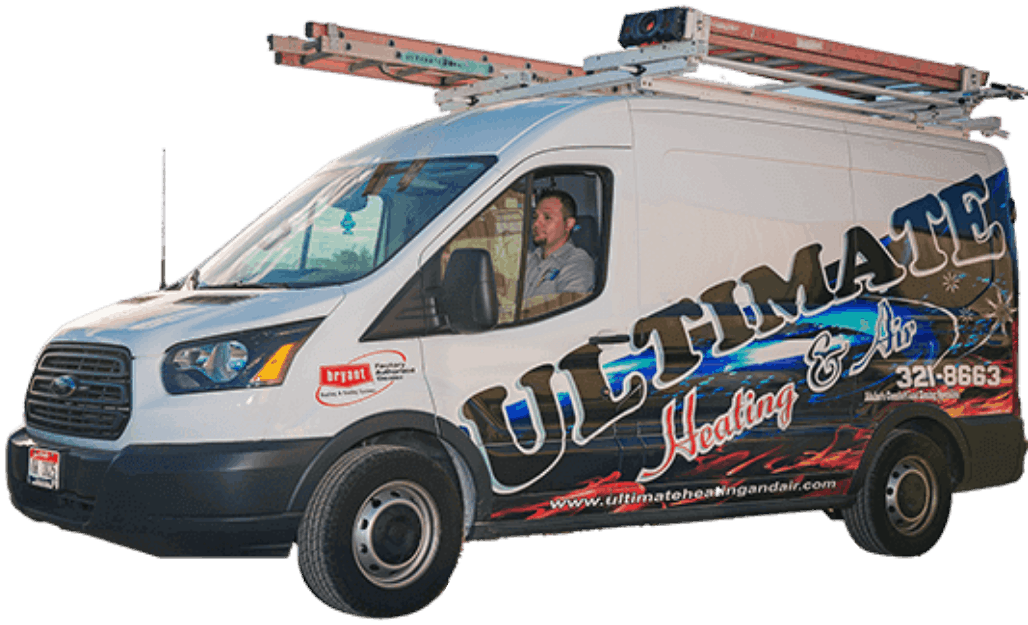
It was believed that solar panel companies could tap into a new market by forming partnerships with big-box retailers such as Home Depot when they first began selling panels to large-box retailers like Home Depot. However, the service didn't really take off for a variety of reasons.
#1: Professional solar installation is necessary
It's important to remember that installing a solar power system is a complex process that requires extensive knowledge and skill. Experts recommend that you hire a professional to do the job. You'll also need to make sure you choose the right company for your needs.
#2: You need a reputable company
When it comes to choosing a solar provider, it's important to do your research and select one with a stellar reputation. This can be done by looking into their warranty offerings, prices and installation timeframes, customer reviews and panel recycling methods. It's also worthwhile to check out their customer service and support.

#3: You need an experienced installer
Installers who stand behind their work are important if you plan to go solar. You'll want to do your homework and find an installer with a good reputation in your local area, as well as a strong track record.
#4: Reliable manufacturers are essential
Working with a reliable solar company is the best way for you to be sure that your product will be top-quality. Compare their customer ratings, pricing, and warranties to see if they are comparable to other solar providers.
#5: A reliable dealer is essential
Finally, you'll need a reliable dealer to help you with the entire process. It's a good idea to choose a retailer that carries a wide range of solar products and has a large showroom where you can see the panels up close.
You have several options: Shop online, visit a store, or talk to an expert over the telephone. Friends and family can refer you.

The warranty offered by your solar provider should be the most important consideration. This will ensure your system lasts for many years and will save you money on your electricity bill.
It's now easier than ever for a reliable solar installer to be found with the right experience and expertise. Check out EcoWatch's Guide to Residential Solar to connect with an expert in your area who can help you find a trustworthy and affordable solar system for your home.
FAQ
What is the purpose behind the service agreement
The purpose of a Service Agreement is to define the terms under which a customer agrees to purchase goods from you. It also describes how you will offer those services to them as payment.
The most common form of this document is called a Sales Order Form. Here you will list the items being purchased and their prices. You then list any other items included in the order, such as delivery charges, VAT, insurance, etc. Finally, you will specify when the order should delivery and be paid for.
You may use a different document depending the nature of the transaction.
If you are offering a service instead of selling products, an invoice might be appropriate.
A Purchase Order Form is what you would use to buy from someone else.
When drafting a sales order form, include all the information required.
Keep in mind: The more detailed the sales order form, the easier it is for the buyer.
What is a Standard Contract Form and how do you use it?
A standard contract template is one way to create contracts. These templates include all of the basic elements of a contract including the date/time, place and parties.
Standard contract forms can be modified to suit individual clients. Some companies even offer standard contract forms.
These forms may be not suitable for every situation. These forms can save you time and effort.
One of these contract forms might be a good option.
What is a Service Contract Agreement?
A Service Contract Agreement (SCA), is an agreement between the parties to provide services. The SCA defines those services, how much time and effort should be spent on them, who pays for them and when they start. The SCA also describes what happens if either side violates its obligations.
What does my SCA cover
The scope of the work will be specified by your SCA, which will include how long it will take, what materials will be used, what equipment will be needed, and whether special permits will be required.
Statistics
- (1) Ascertain the extent to that offers are based on the payment of overtime and shift premiums; and (2) Negotiate contract prices or estimated costs without these premiums or obtain the requirement from other sources. (acquisition.gov)
- (3) The contracting officer may provide for a contract price adjustment based solely on a percentage rate determined by the contracting officer using a published economic indicator incorporated into the solicitation and resulting contract. (acquisition.gov)
- (ii) Name, address, and telephone number of each proposed first-tier subcontractor with a proposed subcontract estimated at $10 million or more. (acquisition.gov)
- (1) Except as provided in paragraphs (a)(4) and (a)(8) of this section, if the estimated amount of the contract or subcontract is $10 million or more, the contracting officer shall request clearance from the appropriate OFCCP regional office before- (acquisition.gov)
- Reasonable late fees go up to 25% per year on unpaid sums. (lawdepot.com)
External Links
How To
What should a contract of service include?
Every business relationship should have a Service Agreement (SA). It defines what you want from each other, and how you will get it. It also outlines when and where the other party must fulfill its contractual obligations.
A successful SA must include these key elements:
-
Both parties must agree on the scope and required services.
-
Details about the payment terms.
-
A price agreed upon for the project.
-
Additional costs, such as VAT, etc.
-
Whether there is any other matter that should be discussed.
-
Who will take responsibility if there is an error in the job?
-
How disputes can be resolved
-
What happens if one party breaches the contract.
-
What happens if there is a dispute
-
When does the contract come into effect?
-
What happens if one or both of the parties fail to perform.
-
What time do you need to pay your invoices?
-
Who pays for things such as travel expenses?
-
Where the money comes.
-
What happens if the client changes his mind about the project?
-
What happens if the supplier isn't there?
-
Who has access to the site during construction?
-
What happens if the customer cancels?
-
What happens if the product malfunctions?
-
What happens if the supplier refuses to sell parts?
-
What happens if the equipment breaks down.
-
What happens if the project takes longer than expected.
-
What happens if the work isn’t completed within the stipulated time?
-
What happens if the project is not up to standard?
-
What happens if the cost overruns.
-
What happens when the materials are not delivered in time?
-
What happens if the material arrives damaged?
-
What happens if the products aren't up to standard?
-
What happens if the job is canceled before completion.
-
What happens if the company goes bust.